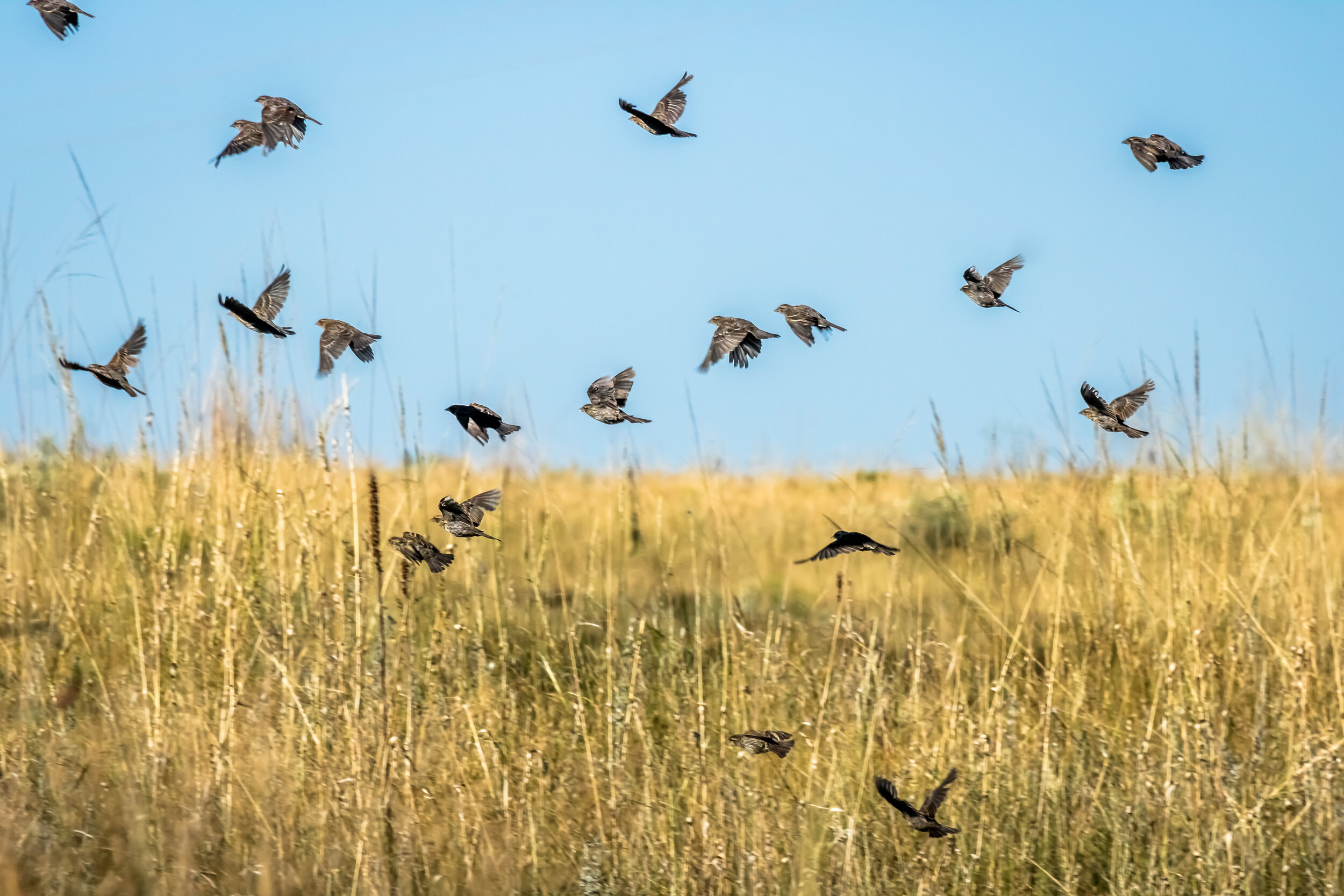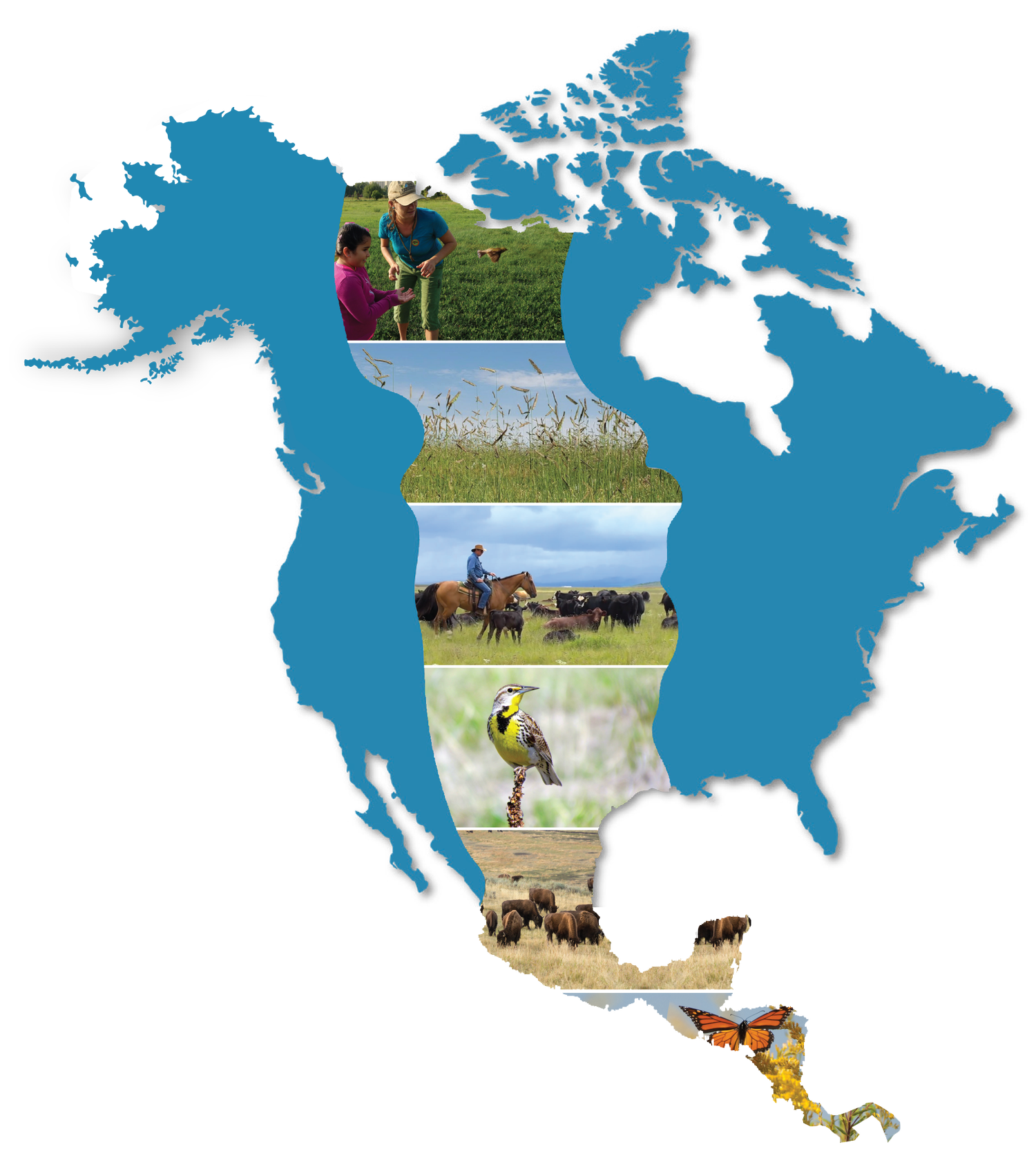
Partnering with
Indigenous/First Nations
Please see the Indigenous Kinship Circle Homepage
The Importance of Partnering: The 1st of the Four Principles of the Roadmap
Respect and honor diverse voices and rights when designing priorities, placing emphasis on listening more, giving back, and supporting.
Support sovereign Nations by advocating for self-directed decision-making on their territories, addressing inequalities in conservation, and elevating the great work already happening on the grasslands.
Include Traditional Ecological Knowledge, cultural strategies, and generations of experience from Indigenous communities, ranchers, and ejidatarios.
Recognize policies regarding property rights, proprietary research, and mapping, especially for Indigenous communities and other historically marginalized groups.
Featured Resource
The National CASC is hosting a virtual webinar series on how to integrate Indigenous Knowledges (IK) into Federal ecological research and resource management programs. Speakers will explore what it means to ethically engage with Indigenous Knowledges in resource management and conservation spaces. We will learn from Tribal and Indigenous communities about the frameworks they use to protect and share their knowledges, and from Federal agencies about how they navigate their responsibility to foster respectful, mutually beneficial relationships with knowledge holders.
Best Practices, Publications, and Case Studies
Engaging with Indigenuity
Understanding Landback.org
Templates For Citing Indigenous Elders and Knowledge Keepers
White House Commits to Elevating Indigenous Knowledge in Federal Policy Decisions
Indigenous Resilience Center Newsletters
Food Soveregnty, Land Stewardship, and Wildlife ManagementThe Tanka Fund
Achieving food system resilience & equity in the era of global environmental change
How Indigenous guardians are reinforcing sovereignty and science on their lands
Documentary Premieres
The celebrated world premiere of Powerlands, a feature documentary directed by Ivey Camille Manybeads Tso and an amazing team that includes editor Tim Tsai, music by Daniel French of Las Cafeteras, and cinematography by Melisa Cardona, working in close collaboration with human rights organizations and Indigenous communities, including Frontline Defenders, Grupo Yansa, Fuerza Mujeres Wayuu, and Black Mesa Indigenous Support.
South Dakota's "Our Amazing Grasslands" Series: Featuring the Zuya Sica Ranch
Meeting in the Center for Northeast Colorado and the Soapstone Natural Area
On Education and Research
Indigenous knowledge in conservation science and the process of a two-way research collaboration
Making a case for the consideration of trust, justice, and power in conservation relationships
“Native American Student Perspectives of Challenges in Natural Resource Higher Education”
